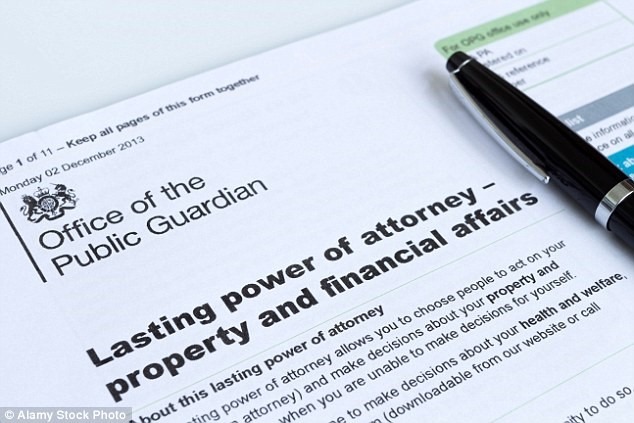What is a Lasting Power of Attorney Eternal or LPA?
An LPA is a legal document that includes decisions about your financial affairs or healthcare that can be applied should you ever suffer with diminished mental capacity, or should you decide at any point that you don’t want to take decisions perhaps for when you are old or ill.
You might want to set up an LPA if you want to ensure you are covered in the future.
There are two types of LPA:
LPA for financial decisions
LPA for health and care decisions.
An LPA can be used for financial decisions while you still have the mental capacity or you can declare that you simply want to apply one if you lose capacity. Get help with an LPA with Huddersfield Solicitors at a site like https://bridgelawsolicitors.co.uk/services-for-individuals/family-law/holmfirth-huddersfield-family/
An LPA’s financial decisions may include such things as:
Sale and purchase of property
Mortgage payments
Money investments
Bills
Home improvements
An LPA for health and care decisions can only be used after you have lost mental capacity. A person with a power of attorney can make decisions about things like:
Where you should live
Your medical care
What you should eat
Those you have contact with
What kind of social activities that you should take part in
Unfortunately, a lot of dementia diagnoses mean people reach a stage where they cannot make decisions for themselves anymore. When someone does not have the ‘mental capacity’, it is common for other people, such as family members, to make decisions on their behalf.
Who can make the LPA?
Anyone over the age of 18 with the mental capacity to do so can make the LPA. Once a person has lost mental capacity, they will not be able to appoint an LPA.
Why would someone need an LPA?
For people with a diagnosis of dementia, there may come a time when they are unable to make decisions about treatment and their finances. An enduring power of attorney is a legal document of appointment for someone to act on their behalf should the occasion arise.
Making the right choice
If you’re considering making an LPA, here are some reasons why it might be a good move for you and your family and friends.
Selection
You can choose the people you trust to manage your affairs and to make decisions on your behalf, should you become unable to do so. You can choose who acts to you and how they make decisions.
Legality
A Lasting Power of Attorney is a legal document that authorizes a specific person to make decisions on your behalf.
Control
It is important to note that you do not lose control by making LPA. Indeed, the LPA, when properly prepared, may contain details of your wishes and instructions for your attorney to follow, which allows you to maintain control even after incapacity.
Plan for the future
Making an LPA helps to start the conversation with your family about what you want to happen in the future.







